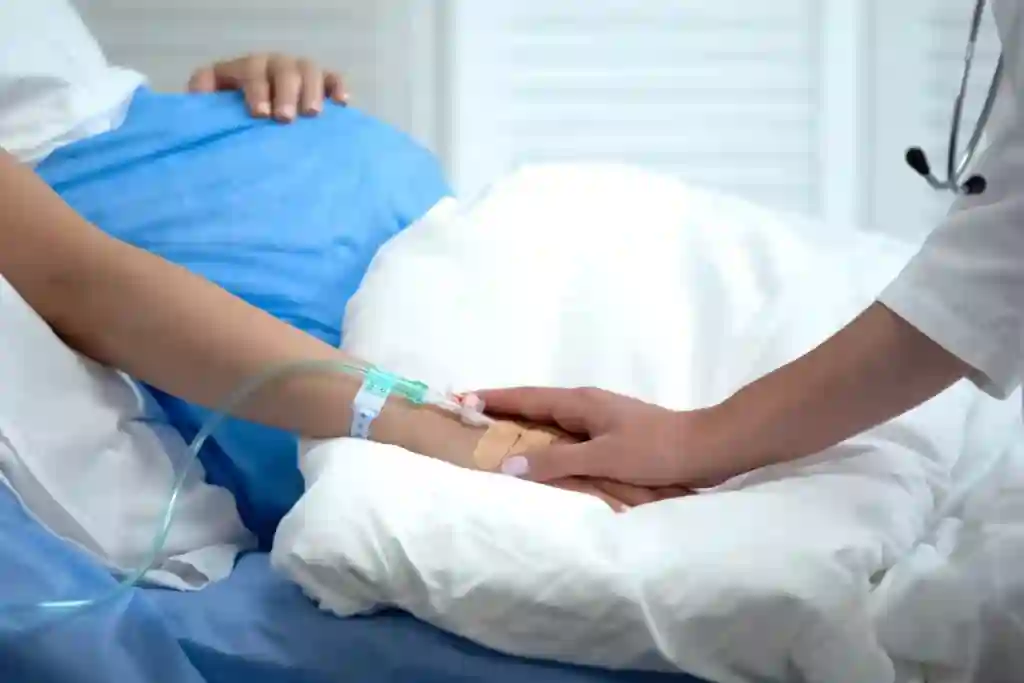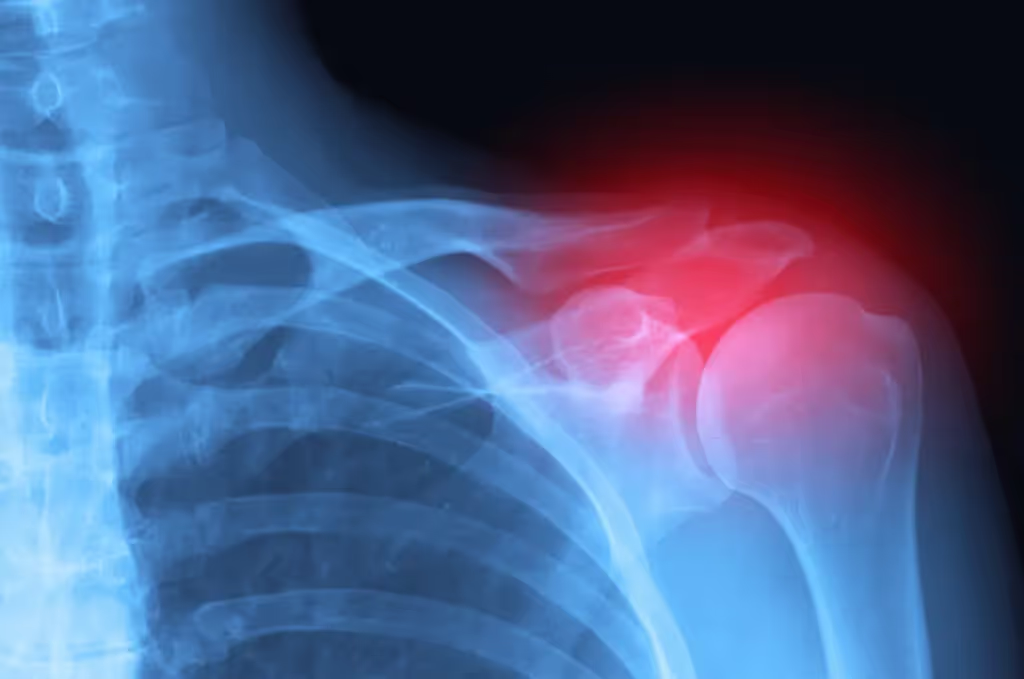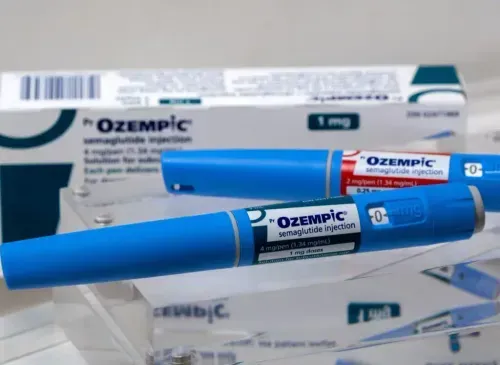New Research Links Braiding Hair to Carcinogens and Heavy Metals
Synthetic braiding hair has long been a staple for those seeking protective and low-maintenance hairstyles, but recent laboratory tests have uncovered alarming dangers. A Consumer Reports investigation revealed that 100% of the tested synthetic braiding hair products contained carcinogens, with nine out of ten products testing positive for lead. Popular brands such as Sensationnel, Magic Fingers, Shake-N-Go, and Sassy Collection were among those containing toxic chemicals. These findings raise serious concerns about long-term exposure risks, particularly for Black women and children, who make up the primary users of these products.
The investigation found that synthetic hair fibers contain dangerous volatile organic compounds (VOCs), lead, and other chemicals known to cause cancer, respiratory problems, and neurological damage. Many of these chemicals are banned or strictly regulated in other consumer products, yet remain unregulated in synthetic braiding hair. The lack of government oversight and industry accountability has allowed these hazardous materials to remain on the market, exposing millions of consumers to potentially life-threatening health risks.
Health Risks Associated with Synthetic Braiding Hair
The dangers linked to synthetic braiding hair extend beyond itching, rashes, and scalp irritation. The lead levels detected in several of these products were found to exceed safe exposure limits, increasing the risk of cognitive impairment, reproductive harm, and developmental delays in children. Heavy metals such as lead are easily absorbed through the skin and can accumulate in the body over time, leading to serious long-term health issues.
Exposure to volatile organic compounds (VOCs)—chemicals that are released into the air—presents another serious concern. Many people who wear braids heat their synthetic hair using boiling water, flat irons, or lighters to seal the ends, a process that increases the release of toxic VOCs into the air. Breathing in these chemicals has been linked to respiratory irritation, central nervous system damage, and even cancer.
Carcinogens such as benzene, methylene chloride, and chloroform were detected in multiple products. Benzene is a known carcinogen that has been linked to leukemia, while methylene chloride has been associated with liver and lung cancer. These toxic substances can be absorbed through the scalp, inhaled, or ingested through hand-to-mouth contact, making them especially hazardous to both consumers and professional hairstylists who handle these products frequently.
For many consumers, the effects of these chemicals may not appear immediately. While some may experience itching, burning, or redness, others may not realize they have been exposed to dangerous toxins until they develop chronic health conditions years later. The prolonged exposure to these harmful substances raises serious questions about product safety, manufacturer accountability, and the failure of regulatory agencies to protect consumers.
Products Affected: Known, Probable, and Possible Carcinogens Detected
- Sensationnel Ruwa 3X Pre-Stretched Kids Braid 12” (Benzene, Chloroform, methylene chloride, styrene, and Naphthalene)
- Sensationnel X-Pression 3X Pre-Stretched Braid, 58” (Benzene, Methylene chloride, styrene, 1,2-dichloroethane)
- Magic Fingers 3X Pre-Stretched Braiding Hair, 52″ (Benzene, Methylene chloride, 1,2-dichloroethane, and styrene)
- Sassy Collection 100% Kanekalon Jumbo Braid (Chloroform, methylene chloride, styrene, and Naphthalene)
- Shake-N-Go FreeTress 3X Pre-Stretched Braid 301, 34″ (Carbon tetrachloride, chloroform, methylene chloride, styrene
Ethylbenzene, isopropylbenzene, naphthalene, and Hbegant)
- Afro Twist Pre Fluffed Wrapping Hair, 24” (Methylene chloride, 1,2-dichloroethane, Isopropylbenzene, and naphthalene)
- Shake-N-Go Organique Mastermix Water Curl Weave, 30” (Methylene chloride, styrene, Ethylbenzene, andnaphthalene,)
- Debut Wavy Hair Weave, 20” (Methylene chloride, styrene, Isopropylbenzene, ethylbenzene, and naphthalene)
- Sensationnel Lulutress Crochet Braid Passion Twist, 12” (Methylene chloride, styrene, Ethylbenzene, isopropylbenzene, and naphthalene)
- Darling Flexi Rod Curls Crochet, 14” (Methylene chloride, styrene, Ethylbenzene, and naphthalene)
Legal Options for Victims Exposed to Toxic Braiding Hair
Consumers who have suffered health issues after using synthetic braiding hair may have legal grounds to file a product liability lawsuit. Manufacturers and distributors have a legal duty to ensure their products are safe, and failure to warn consumers about the dangers of their products can result in legal liability.
Individuals who have experienced rashes, respiratory issues, neurological damage, reproductive harm, or cancer after repeated exposure to synthetic braiding hair may be eligible to seek compensation for medical expenses, lost wages, pain and suffering, and other damages.
Filing a lawsuit requires gathering evidence to establish that the synthetic hair caused or contributed to a health condition. This process often involves medical records, laboratory testing of the hair, and expert testimony linking chemical exposure to specific illnesses. Because large manufacturers and beauty industry corporations will likely attempt to deny responsibility, it is crucial for victims to have strong legal representation to build a compelling case.
Why Legal Representation is Critical
Toxic exposure cases can be complex and require thorough scientific analysis. Victims must prove that their injuries were caused by hazardous chemicals in the hair and that manufacturers failed to warn consumers of the risks. Companies may argue that the levels of toxic chemicals in their products are too low to cause harm, making expert testimony and independent lab testing essential in proving liability.
A skilled legal team can negotiate with manufacturers and insurance companies to obtain a fair settlement. If a settlement is not reached, the case may go to trial, where a jury will decide whether the company should be held accountable for the harm caused. Lawsuits can also force companies to reform their practices, leading to safer alternatives for future consumers.
For victims, pursuing a product liability lawsuit is not just about financial compensation—it is about holding corporations accountable for putting profits over consumer safety. Legal action can send a strong message that unsafe beauty products will not go unchallenged.
Compensation Available in a Toxic Hair Product Lawsuit
Consumers who have suffered injuries due to toxic exposure from synthetic braiding hair may be entitled to compensation for:
- Medical expenses, including doctor visits, hospital stays, and treatments for respiratory or skin conditions.
- Lost wages and reduced earning capacity for those unable to work due to illness.
- Pain and suffering caused by physical and emotional distress.
- Punitive damages, in cases where manufacturers knowingly concealed product dangers.
Victims of toxic hair products should not bear the financial burden of their injuries alone. Holding manufacturers accountable not only provides justice for those harmed but also protects future consumers from exposure to dangerous chemicals.
How to Take Legal Action
Anyone who has suffered health issues after using synthetic braiding hair should consider speaking with an attorney as soon as possible. Legal deadlines apply, and waiting too long could result in losing the right to file a claim.
A legal team can evaluate the strength of a case, determine liability, and pursue maximum compensation. Many law firms offer free consultations, allowing victims to discuss their experiences without any upfront costs.
Contact Parker Waichman LLP For A Free Case Review
If you or a loved one has experienced health complications after using synthetic braiding hair, you may be eligible for compensation. PParker Waichman LLP is actively investigating these claims and fighting for victims nationwide. Parker Waichman LLP is investigating these claims nationwide.
Contact us by calling 800-968-7529 for a free consultation today and learn how you can hold negligent manufacturers accountable. Regardless of your location or where your injury occurred, our nationwide product injury law firm is ready to assist you.



































